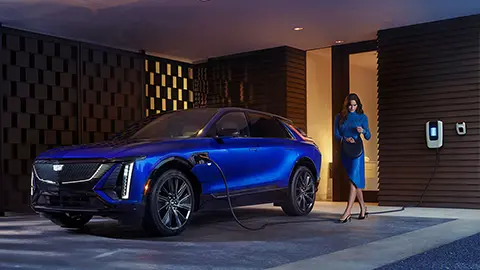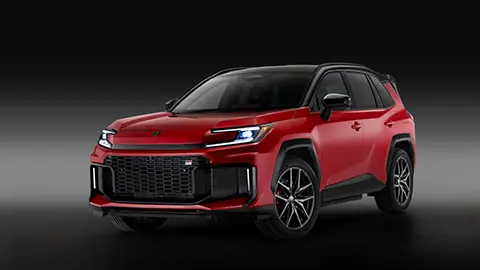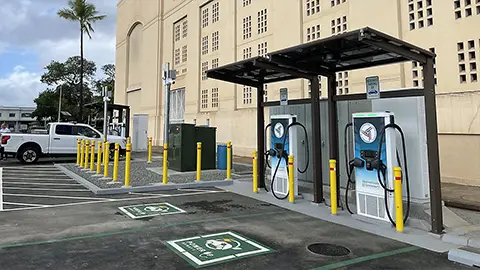Electric Vehicles Need Batteries
With demand for EVs and hybrids skyrocketing thanks to high gas prices and the desire to drive more sustainably, being able to source batteries – and build enough electric cars to satisfy the public’s demand – has become a bottleneck for vehicle manufacturers. It sounds obvious, but in order to build and sell more electric vehicles, car companies need access to more batteries. And they want those batteries, which are still big and heavy, to be produced close to where the cars themselves are made, to reduce their costs and therefore help improve their vehicles’ sales potential.

EV Battery Growth in North America
That’s why it’s been amazing to watch how quickly EV battery production has started to ramp up within North America. Ford has already begun to move forward with plans to build two battery factories in the United States with its partner and battery supplier SK Innovation. Stellantis, the parent company of Chrysler, Dodge, Jeep, and Ram, recently announced a multi-billion dollar investment in a battery factory in Windsor, Ontario, Canada, just across the river from Detroit. Together with its partner LG Energy Solution, the new factory will supply batteries for hundreds of thousands of locally-produced EVs.
And now, there are reports that Contemporary Amperex Technology Co (CATL), a Chinese battery supplier, is looking to establish a $5 billion battery plant in North America. The size of the investment would make it one of the biggest battery plants in the region – and would help expand its 145 gigawatt-hours of battery manufacturing capacity to 579 gigawatt-hours by 2026. CATL owns roughly a third of the global market for EV batteries and already works with a number of vehicle manufacturers including Toyota, BMW, Fisker, and more.
The most recent reports from industry journal Automotive News suggest that CATL is zeroing in on either South Carolina or Kentucky, which would place it close to already-existing BMW and Ford manufacturing facilities. It would likely produce both nickel-manganese-cobalt cells and lithium iron phosphate batteries, and rumor has it that the company is also in talks with Tesla to supply batteries for the company’s California production line.

Electric Car Battery Factories Reduce Costs and Time to Market
Why establish a factory in the U.S.? Establishing a manufacturing footprint in in America would allow CATL to avoid expensive trade tariffs, which would reduce the cost of its batteries for vehicle manufacturers, who are under simultaneous pressure to produce more EVs, and reduce their costs. For instance, BMW hopes to sell two million electric vehicles globally by 2025 – multiple times what it sells now – and it wants to have EVs account for at least half of its global production. Locally produced batteries, shipped within the U.S. to BMW’s South Carolina plant, would help reduce not just the cost, but also the time to market, for new EV SUVs and sedans produced in America.
The location of CATL’s new U.S. battery factory will likely be revealed in the next few months, and, together with the investments made by other battery suppliers and vehicle manufacturers, signals a shift back towards North America as a center for manufacturing as the world shifts to electric driving. Interesting and exciting times indeed.
















